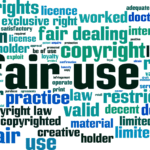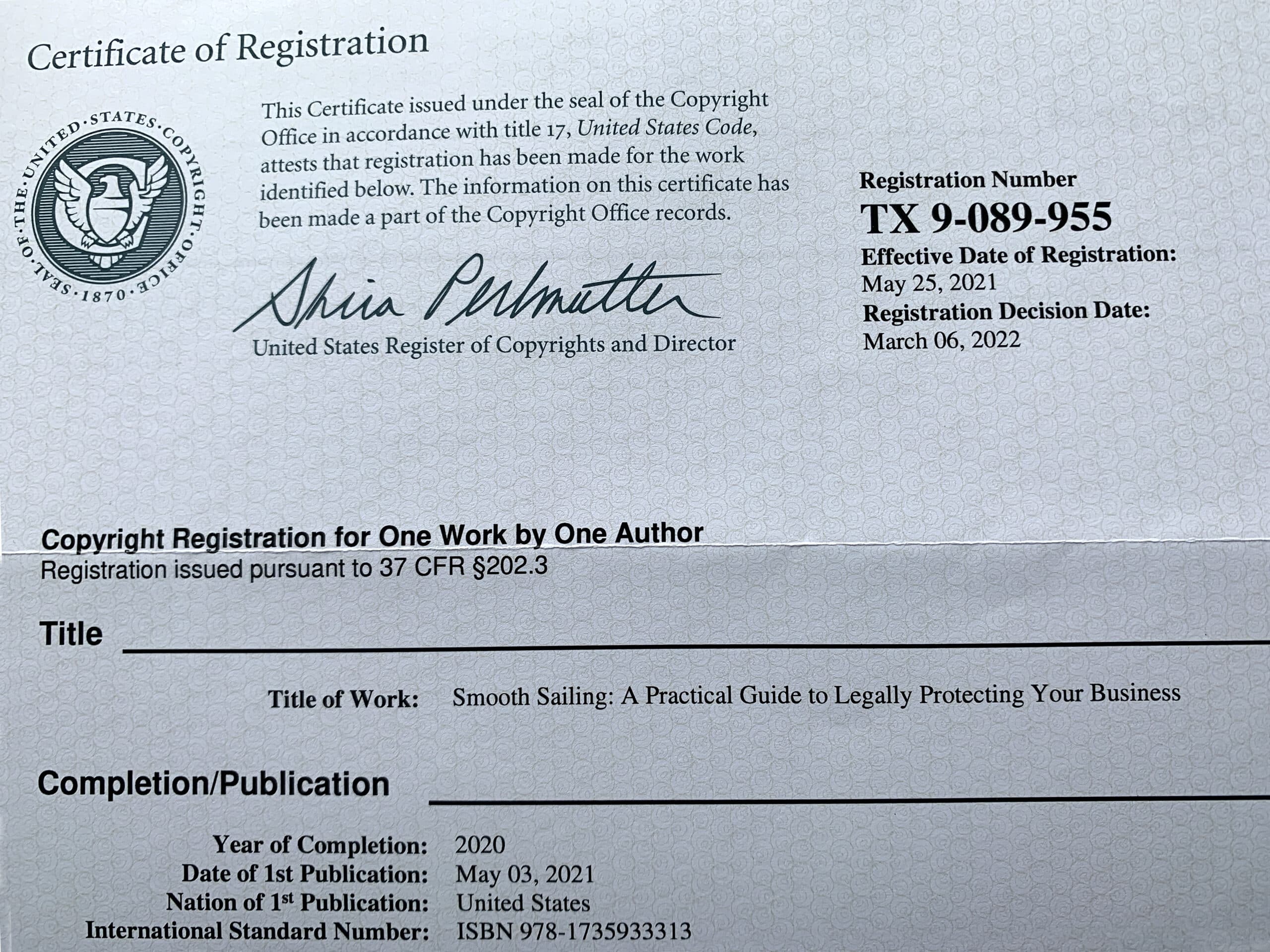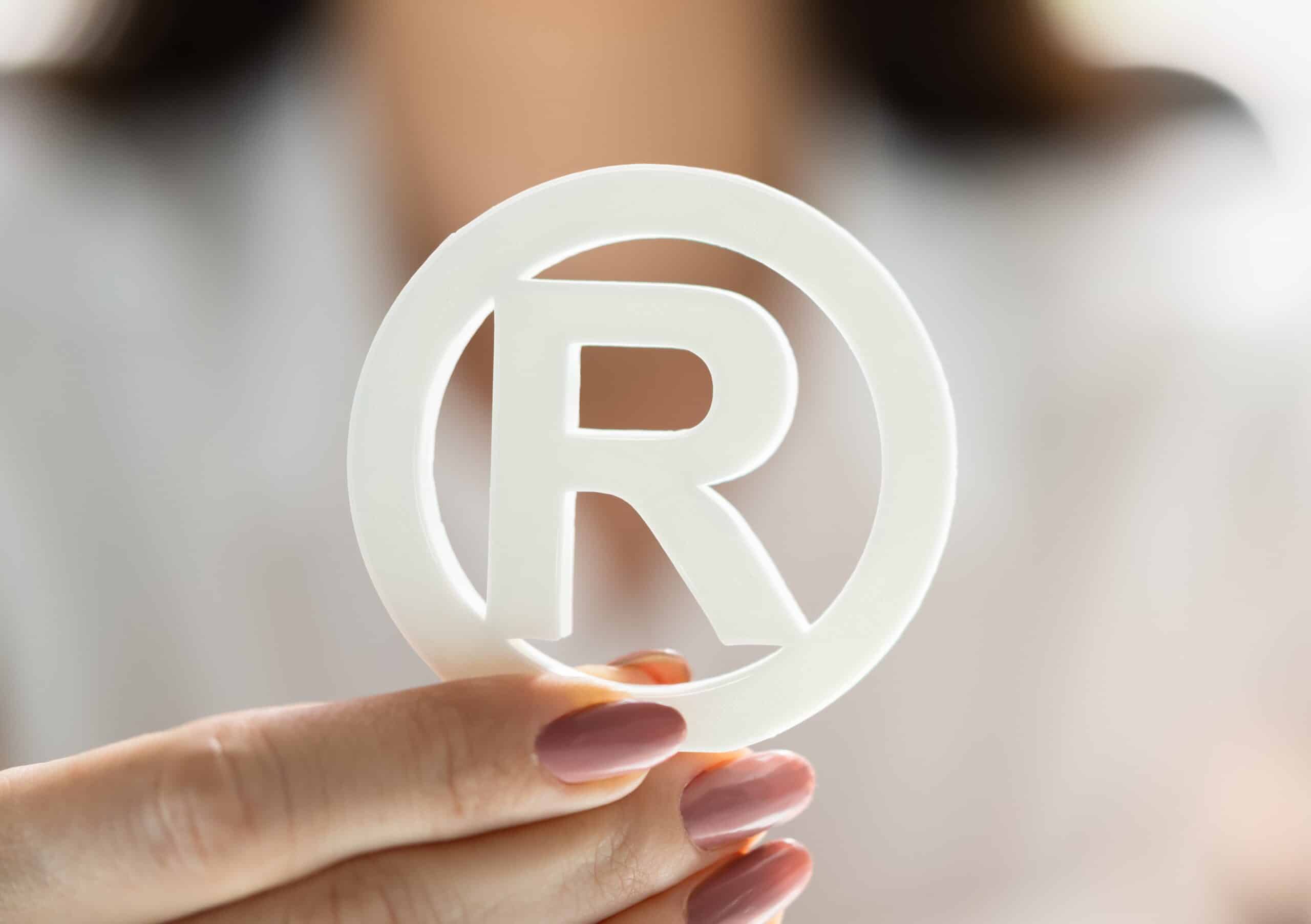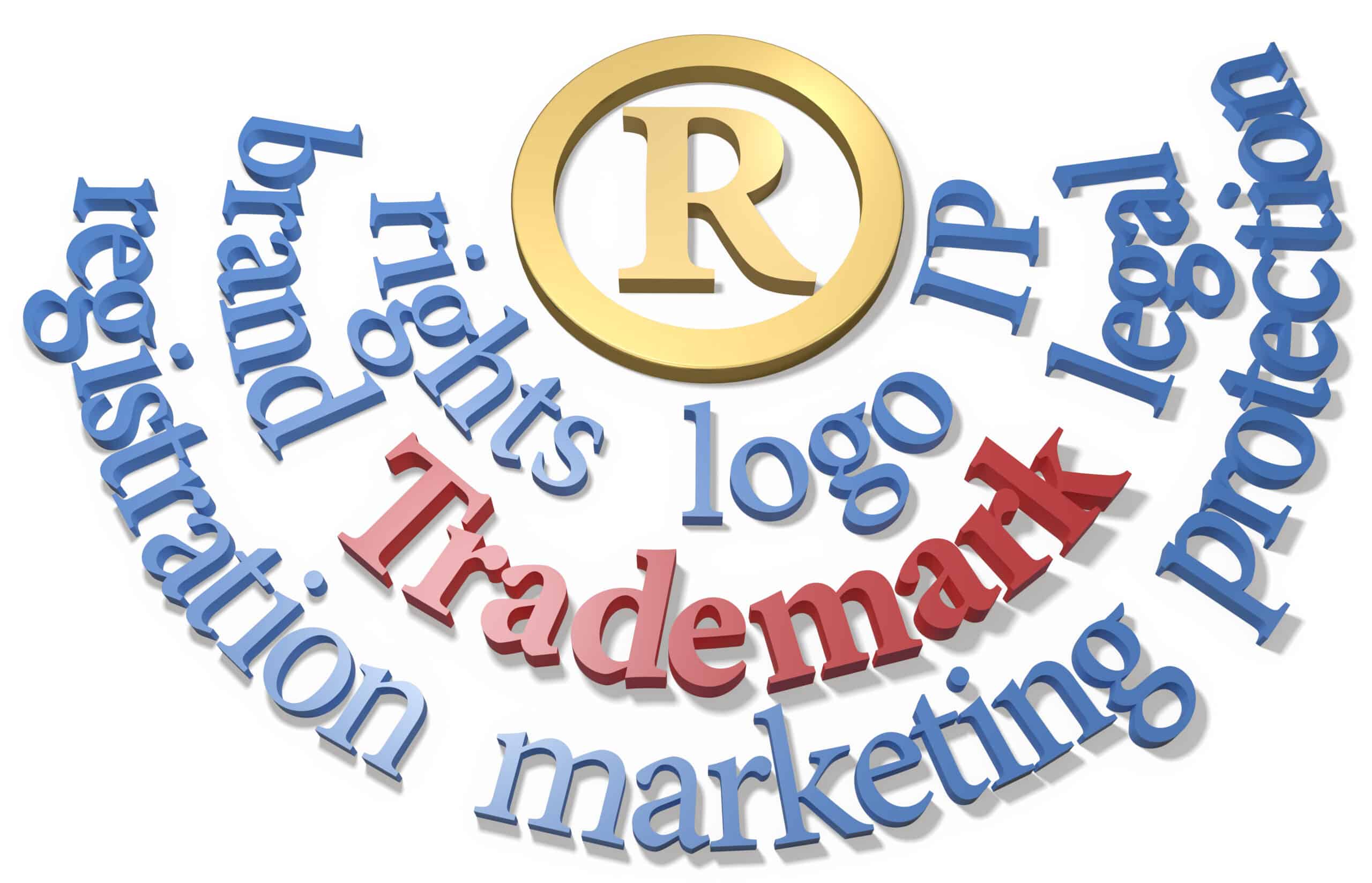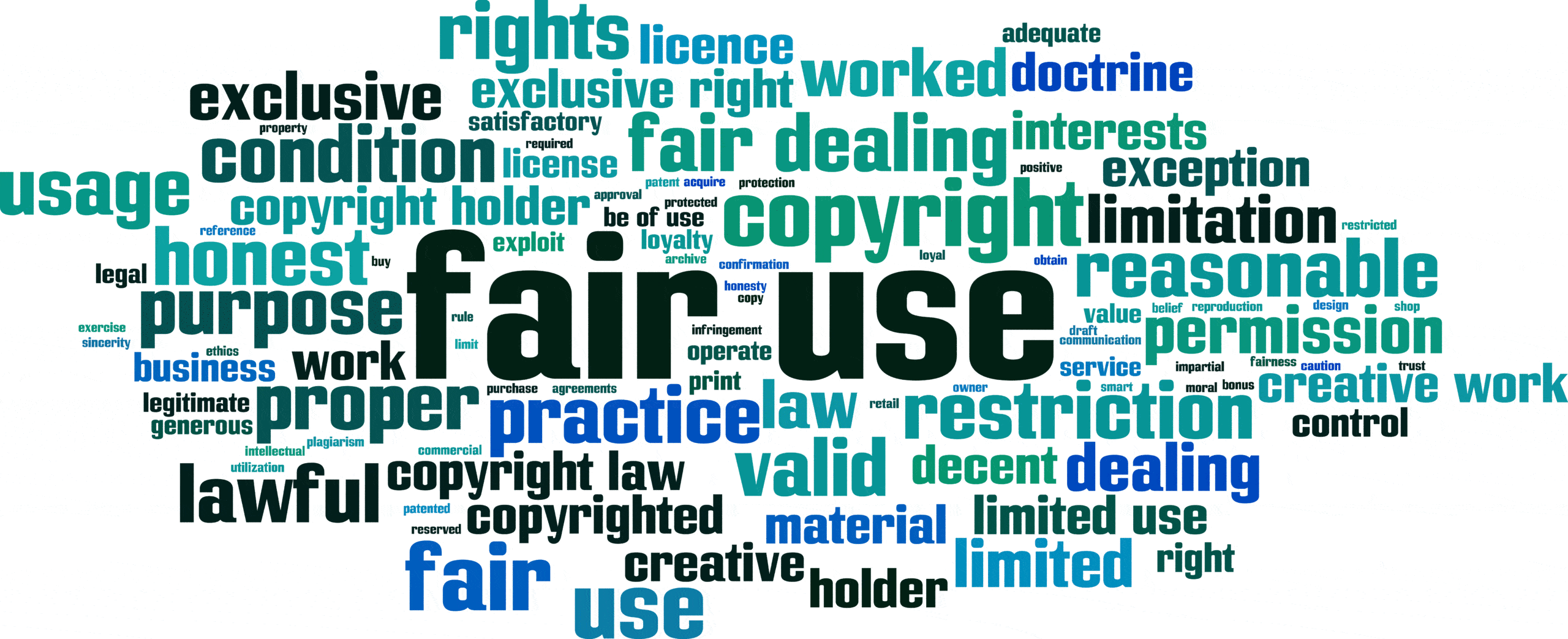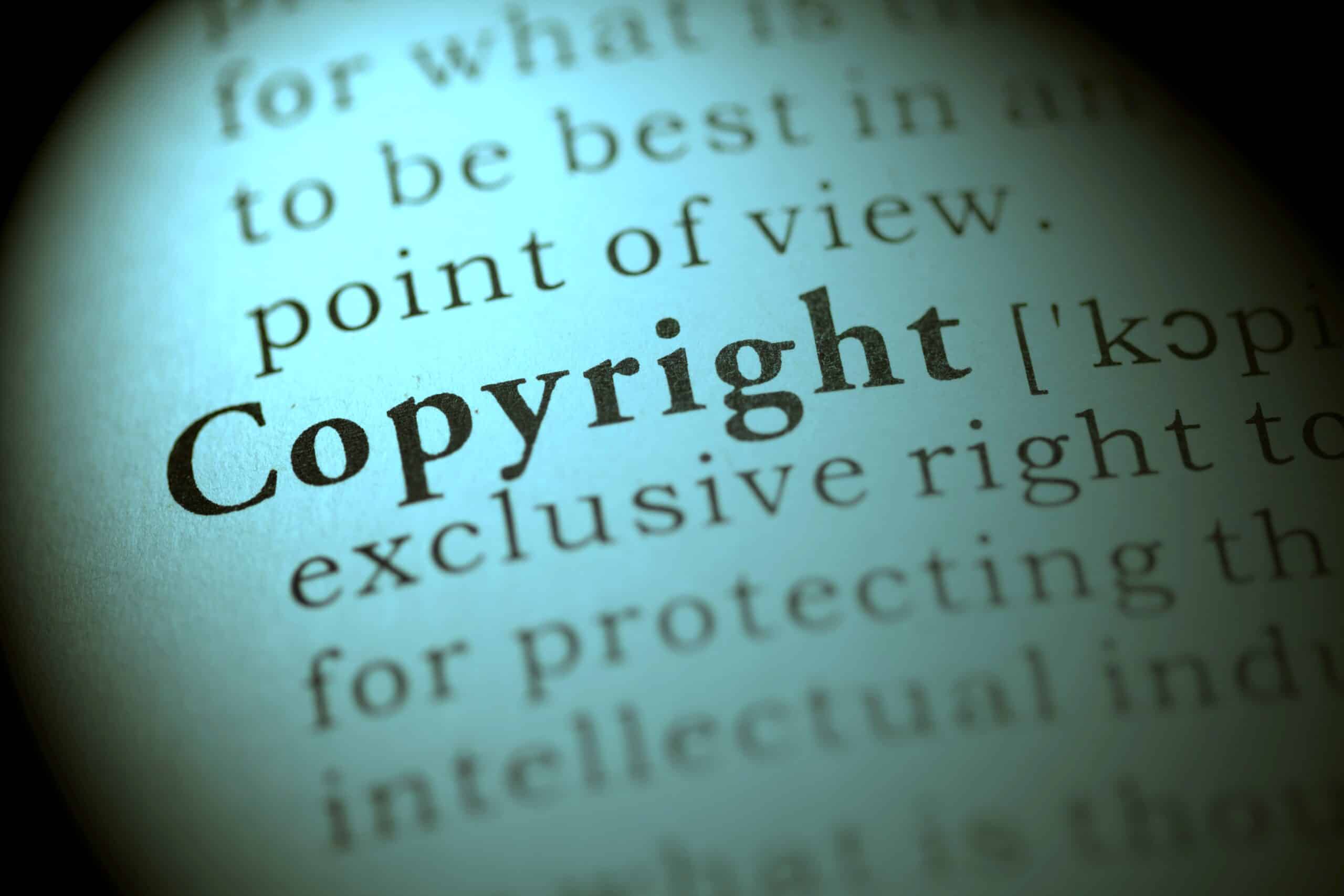There are several benefits to filing copyright registration. This article explores the content for which you may consider filing a copyright registration, as well as the benefits you receive by doing so.
If you missed our prior posts on What is Copyright and Protect Your Copyrightable Assets, read those first for more context.
Should I Register My Copyright?
You likely create a lot of content to support your business. Whether it is a blog post, a graphic, and image, an advertisement, or a book, your copyright ownership arises as soon as you create that content. But owning the copyright and protecting it are two very different things. For any asset you are serious about protecting, I suggest proactively filing an application for copyright registration. Does that mean you should register every single blog post, photograph, video, and piece of content you create? Realistically, no. In most cases, each work must be individually registered. That involves a lot of paperwork and filing fees.
But the blog post that got you phenomenal engagement and is being shared all over the Internet? Yes, you should probably register that! Your flagship Internet course offering? Yes, you probably want to register that one too. Just so unscrupulous and creatively lazy trolls can’t come along and steal all your hard work in order to profit from it themselves! The book you wrote to promote your business? Absolutely! In fact, I consider filing the application for a book a must.
What are the Benefits of Copyright Registration?
There are three primary benefits of proactively filing for a copyright registration. These include the ability to sue in federal court, the ability to claim statutory damages, and the ability to claim attorneys fees.
Ability to Sue in Federal Court
With registration you have the right to sue in federal court for copyright infringement of your work. Without registration, you can’t. If you discover infringement, you will have to go through the copyright registration filing process and wait until your copyright is registered to be able to file suit. During this time, your infringer continues using and profiting from your copyrighted material.
Statutory Damages and Attorney’s Fees
If you meet eligibility requirements, you can claim statutory damages and attorney’s fees. The eligibility requirements are simple. You must file your application before the earlier of (1) 90 days from first publication, OR (2) before infringement begins. As opposed to waiting until you know of infringement. (Section 412 U.S. Copyright Act). This is the reason I advise all clients to file as soon as they publish. The only exception is blog posts or website content which can be filed every 90 days as a group registration for a single filing fee.
The beauty of statutory damages is that the court determines the amount of damages. You don’t have to prove actual damages. Statutory damages are usually between $750 and $30,000 per work. But this can be increased up to $150,000 per work if you can show that the infringement is intentional.
Actual damages, on the other hand, are often difficult and expensive to prove. It typically requires expert witness testimony. The copyright holder carries the burden of proving their actual damages. Actual damages include profit that the copyright owner lost as a result of the infringement (for example, a license fee or royalty income) as well as any additional profits the infringer received as a result of the infringement. The ability to claim statutory damages saves copyright owners from the difficult task of providing evidence of actual damages. (Section 504 U.S. Copyright Act).
Conclusion
Protecting intellectual property assets is usually one of the last things on the “to do” list of small business owners. But it doesn’t have to be that way! Copyright registration is not expensive. It protects your intellectual property. And it proves quite valuable in the event infringement litigation becomes necessary.
Do I practice what I preach? Hell yes! That image at the top is the copyright registration certificate for my own book!
Are you ready to file a copyright registration? Let’s Talk!


